Because the world mourns David Lynch, who died on 16 January 2025, aged 78, we glance again on the time he joined us as Visitor Editor of Wallpaper*. The next interview was first revealed within the October 2010 problem of Wallpaper* journal.
You would be forgiven for pondering that David Lynch, famend for disturbing tales from the darkish aspect, is a tortured soul. Fairly the alternative. The maverick movie director has devoted the final three a long time to to the pursuit of happiness and inside peace.
Excessive up within the Hollywood Hills, David Lynch has an artist’s studio that appears out over the smog-cloaked metropolis under. It is on the tip of his giant however distinctly discreet Sixties-built home (all the things in regards to the plain stone partitions and unkempt yard screams ‘do not discover me’) that comprises a recording studio and screening room, varied cell-like halls housing Lynch’s work and, presumably, a bed room or two someplace.
Attending to the studio entails leaving the primary constructing and strolling up tiny stone steps flanked by scrubby Californian palms. Contained in the studio, Lynch sits, smiling benignly, in entrance of a big desk buried underneath oil paints, papers, books and a bit of wooden with the phrases ‘I like you’ etched in a infantile scrawl.
Lynch, now 64, is among the few movie administrators on the planet along with his personal, iconic look. Once we consider Blue Velvet, Mulholland Drive and the world’s first hit surrealist TV collection Twin Peaks, all of them involved with peeling off the twisted layers of life that lie beneath a seemingly calm and ordered floor, we consider the person with the towering quiff and buttoned-up shirt that made them.
And David Lynch is maybe the one movie director with an aversion to speaking about his personal work, however an countless enthusiasm for the guideline of his life since 1973: transcendental meditation.
‘Transcendental meditation underpins what I do, but it surely serves the work relatively than dictates it,’ he says in a gradual, thought of rhythm as he slouches in his chair, smoking one cigarette after one other and tossing the butts onto the concrete ground of the studio. ‘The purpose is that everybody has consciousness however not the identical quantity. It strikes me as relatively absurd to undergo life with the identical stage of consciousness you got here in with when there’s a method to broaden it, and that method is simple, easy and supremely profound.’
The method, in fact, is the traditional mantra-based system introduced over to the West by the Maharishi Mahesh Yogi in 1957 and which subsequently attracted such high-profile adherents because the Beatles, Mia Farrow, Jerry Seinfeld, Sheryl Crow and Def Jam founder Russell Simmons.
‘It takes you to the sector of unity, first time, each time,’ Lynch claims of transcendental meditation. ‘And when a human being actually and really experiences that…’ he makes the sound and gesture of a muted explosion.
(Picture credit score: Getty Photos)
That is the place Lynch’s visitor spot at Wallpaper* is available in. Initially sceptical on the proposition of including journal editor to a CV that features movie director, painter, musician, worldwide lecturer on transcendental meditation and occasional salesman (he is acquired his personal eponymous model), Lynch got here spherical to the concept of utilizing the journal as a canvas for a collection of portray that underpin what he thought of to be the good objective of all human life: unity. Prior to now, Lynch has acknowledged the affect of such psychologically multi-layered artists as Francis Bacon, Jackson Pollock and Edward Hopper. For this undertaking, he’s aiming to undertaking pictures of absolute simplicity and non secular purity.
‘I can not speak about these symbols of unity as a result of the symbols converse for themselves’, states Lynch, a phrase to relax the center of any interviewer, earlier than, fortunately, including: ‘These are historical issues, from many cultures, and so they’re stunning to take a look at as a result of the sector of unity is on the base of all matter and thoughts. It is an everlasting area, all the time the identical, all the time full. Unity is the house of complete information and all of the legal guidelines of nature.’
To place this metaphysical assertion into manifest kind, Lynch summons up from his pc a scientific equation for unity. It is extraordinarily advanced. I can not start to faux to know it , and I am not totally certain Lynch does both, however in essence it provides a mathematical rationalization to the upper state of consciousness that Lynch is on a mission to share with the world.
‘The entire function of understanding unity is to broaden happiness, which isn’t a foul factor,’ he says. ‘Transcendental meditation will get you to that area of unity, that state of infinite consciousness. Consciousness is tied in with intelligence, creativity, happiness, love, power, energy, peace… all constructive issues. That is why I wish to speak about them.’
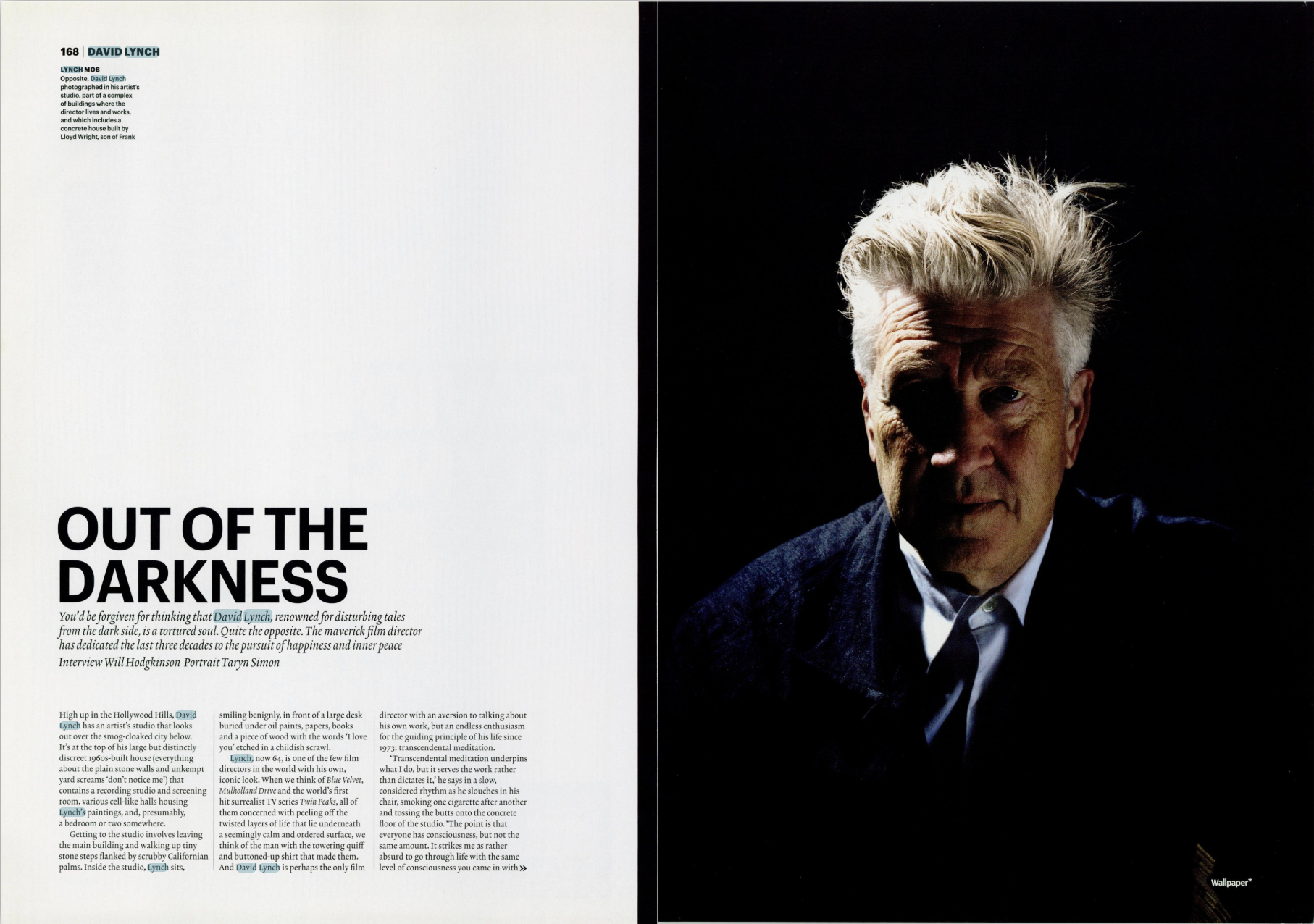
David Lynch’s visitor editor interview in Wallpaper* October 2010, with a portrait by Taryn Simon
(Picture credit score: Portrait of David Lynch by Taryn Simon for Wallpaper* October 2010)
It would come as a shock that the person related to exposing the darkish recesses of the psyche has devoted his life to the seek for non secular peace.
Lynch, who has meditated twice a day, daily, for over three a long time, sees no contradiction between making noir masterpieces like Blue Velvet – which begins with the invention of a severed ear in a area and will get more and more sinister from then on – and spreading the Maharishi’s message of affection.
‘I make issues which are troublesome,’ explains Lynch. ‘That is as a result of my concepts come from our world, and our world has negativity and absurdities. I like absurdities. I fall in love with concepts for 2 causes: firstly for the concept itself and secondly for what cinema might do to it. Within the outdated days I had loads of concepts, however there was hollowness within the happiness division and plenty of worries. Negativity restricts the move of creativity, and struggling isn’t the pal of creativity.’
However is not struggling the very bedrock of creative inspiration? ‘Baloney,’ booms Lynch, sounding like James Stewart within the midst of regression remedy. ‘That delusion began, I feel, in France. I like the French, however the ravenous artist within the garret picture is absurd. It is romantic to be hungry and poor if you happen to’re a person as a result of meaning chicks will wish to take care of you. However if you happen to’re ravenous, grime poor and shivering, you are not going to take pleasure in any form of work, even when you’ll be able to do it. Struggling would not convey concepts. If it did, we might simply hit somebody with a mallet and an thought would come out. Individuals on chain gangs could be the best artists on the planet. “Please let me go on that chain gang!” budding artists would cry.’
Lynch’s assistant, who has probably been briefed to return in and terminate the interview, pops her head across the door. However he is in full move, so he sends her off to make some extra espresso, albeit in a well mannered, calm means. Additional speak of the significance of discovering happiness by inside peace relatively than materials accumulation leads Lynch to explaining how nice concepts come to him within the first place.
‘Movies begin with a fraction, a bit of the puzzle,’ he explains. ‘The puzzle exists within the different room. I pay money for one piece, and I find it irresistible a lot that it attracts different items to return in and be a part of it. And fairly quickly the puzzle is in my room. I actually do not know what the movie is about till additional down the road.’
He cites the instance of his 1976 breakthrough characteristic Eraserhead, an impressionistic portrait of a shy younger man trapped in a nightmarish industrial city as he faces as much as the delivery of his bizarrely deformed, screaming little one.
‘I did not know what Eraserhead was about. Then I used to be studying the Bible and I stumbled on a sentence and my head was blown off.’ No matter that sentence was, Lynch is not saying. ‘The purpose is that this stuff come later. Lots of people say: “I wish to do a movie a few sure factor.” For me, it is not that means.’
Even when the concept comes from an editorial already on the market, Lynch sees the method as the identical. ‘Books and scripts are concepts in organised kind,’ he says. ‘There is not a distinction between an authentic thought and getting excited by a guide or a script as a result of it entails the identical means of falling in love with the factor. Wild at Coronary heart was a novel by Barry Gifford, and while you learn a fantastic guide it comes alive in your head, identical to catching an authentic thought. You see all of it, and then you definately simply have to show it into a movie.’
Lynch’s final movie was the supernatural thriller thriller Inland Empire, launched in 2006. Since then he has introduced a collection of brief, touchingly direct profiles on on a regular basis People referred to as Interview Challenge, which share the innocence and guileless appeal of The Straight Story, Lynch’s 1999 highway film about an aged man driving a lawnmower from Iowa to Wisconsin to fix his relationship along with his sick, estranged brother. He has additionally been portray, working with wooden, and giving lectures on transcendental meditation. Given the evangelical zeal Lynch has for transcendental meditation – he is by no means extra animated than when describing the outstanding calming results it has had on violent prisoners and youngsters recognized with ADD – it is tempting to consider that this has taken priority over moviemaking. Lynch refutes this.

(Picture credit score: Getty Photos)
‘I like to work,’ he says emphatically. ‘I like to remain at residence. I do not like to speak in public and I do not wish to journey. After I was requested to do a tour of 13 universities and speak about transcendental meditation, I assumed: properly, that is the top of my profession. No person will wish to hear this. And certain sufficient, not all people did. However individuals are like detectives: they sense whether or not issues are true or false fairly quick and for thus many individuals this sounded true. It felt good to get that message on the market.’
It is nearly time for Wallpaper* to take a taxi again down the hill, to the world of concrete and frantic optimism that’s West Hollywood. We all know this as a result of Lynch’s assistant has arrived within the studio with a banana on a plate, which seems to be some form of termination image. However there’s nonetheless time for Lynch to throw in a shock admission.
‘I like plumbing,’ he pronounces. Can he repair bogs? ‘I’ve cleaned bogs. I can repair scorching water heaters. I like pipes, pipe becoming, chopping threads … all these issues. I used to do it to generate income.’
If the filmmaking, portray, lecturing on transcendental meditation, reflecting on the event of consciousness, and guest-editing dry up, it is good to know that David Lynch has a talent to fall again on. Earlier than we are saying goodbye, he reiterates the one message he needs to get throughout in his stint as editor greater than the rest: that happiness can solely come from inside, from discovering unity.
‘There is a line from the Vedas [sacred Hindu scriptures] that claims one thing to the impact of, man has management of motion alone, by no means the fruits of the motion. In the event you perceive that, then when your movie comes out or your portray goes up on a wall, dangerous critiques will not hit you so exhausting and good critiques will not flip you into an egomaniac. Dive inside; unfold greater states of consciousness till you attain supreme enlightenment. Then issues that used to kill you will not kill you anymore. That may solely be an excellent factor.’
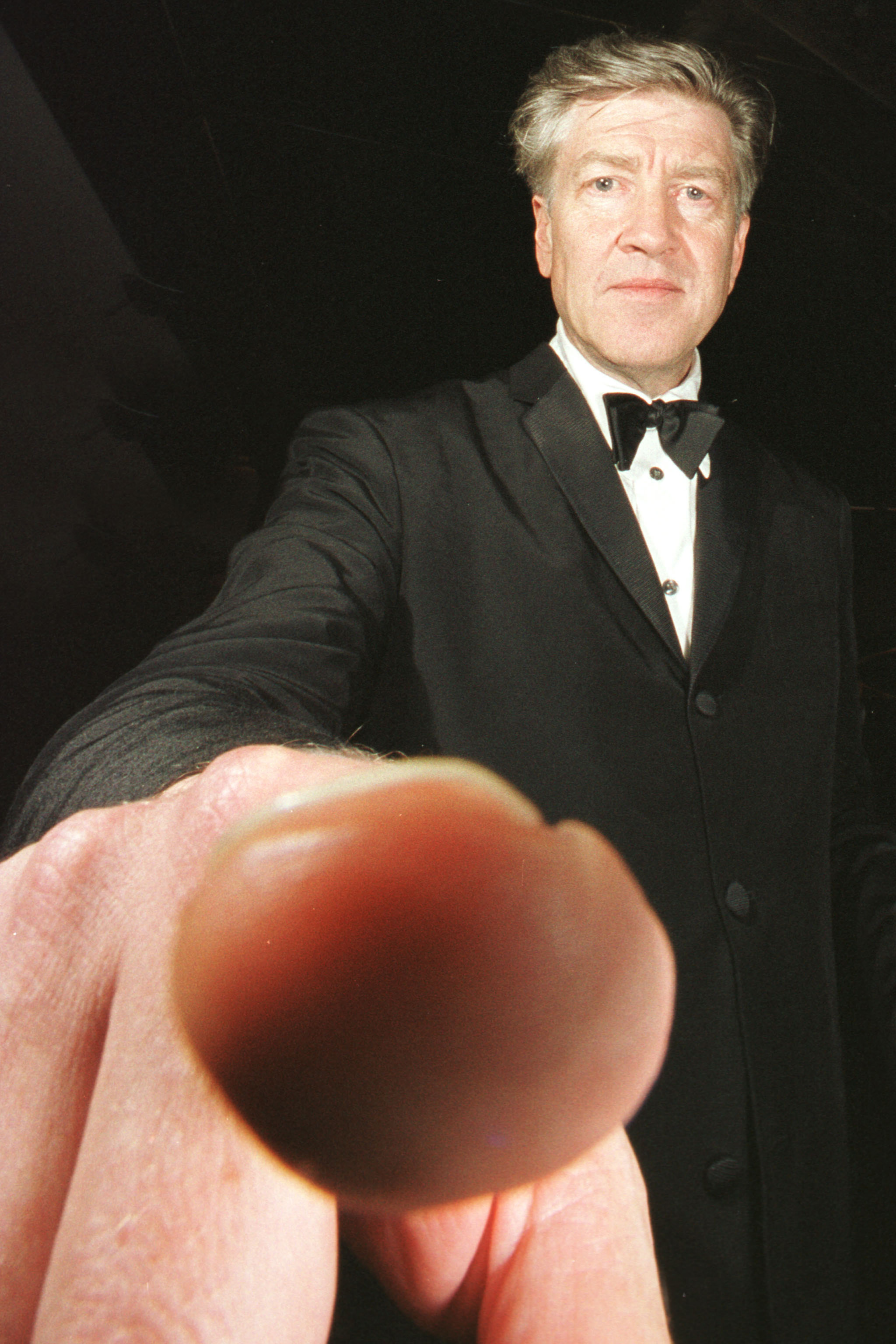
(Picture credit score: Getty Photos)
One Love
As visitor editor, David Lynch selected as an example quite a few symbols that symbolize unity in varied religions and cultures – introduced right here. Lynch makes use of a substantial amount of symbolism in his motion pictures, however a lot of it’s typically misplaced on the common viewer, so, after a day with our historical texts, we try to elucidate what all of it means.
Phrases: Paul Mccann
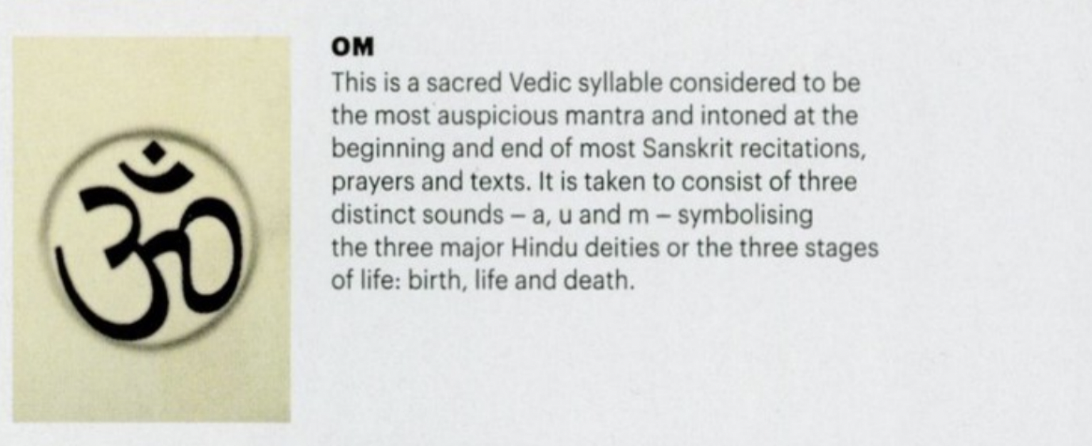
(Picture credit score: Future)
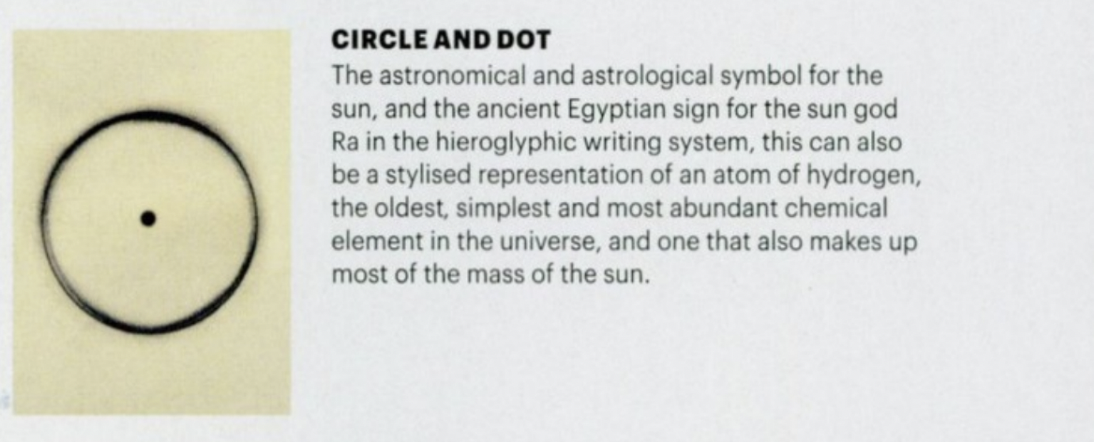
(Picture credit score: Future)
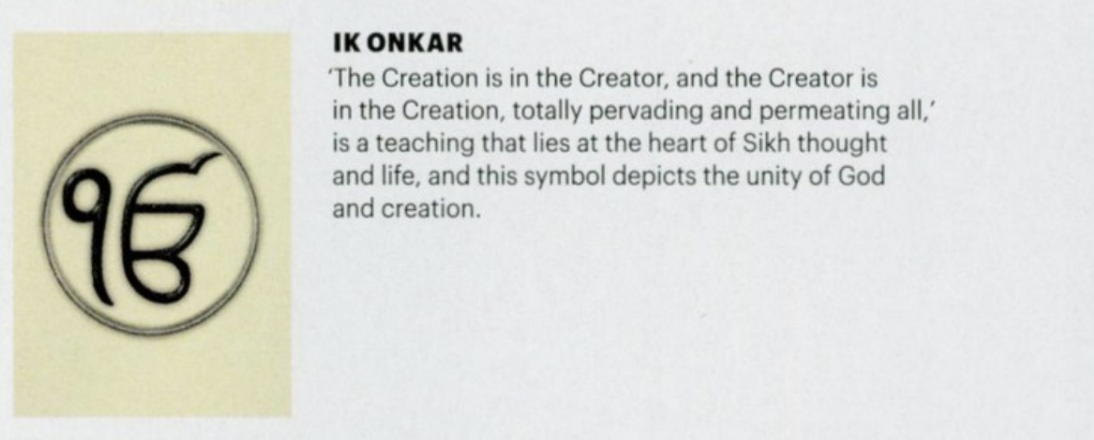
(Picture credit score: Future)
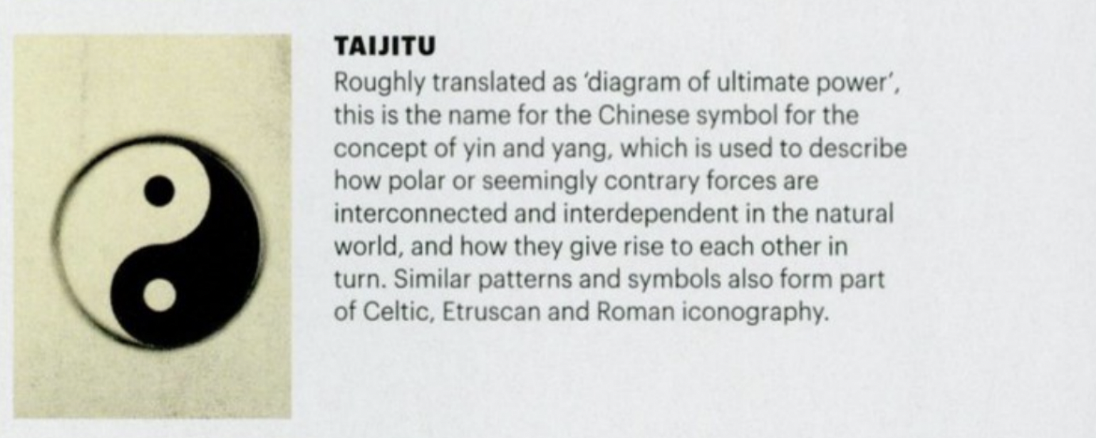
(Picture credit score: Future)
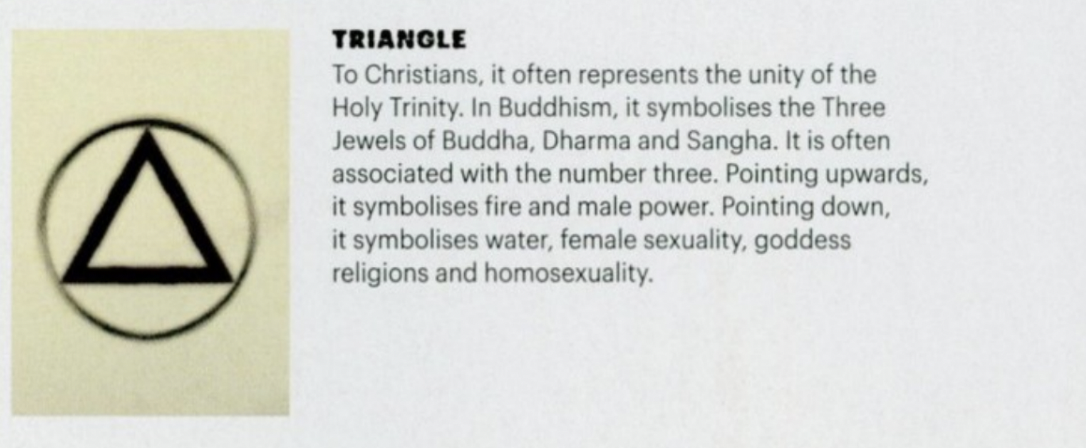
(Picture credit score: Future)
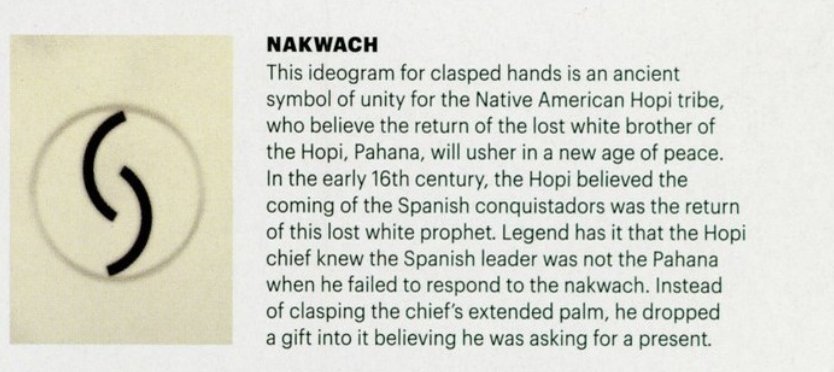
(Picture credit score: Future)
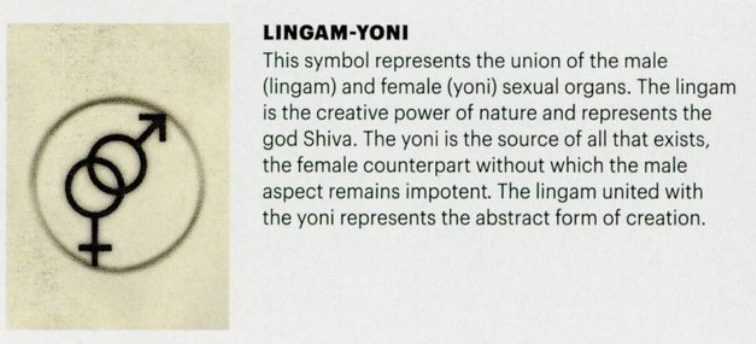
(Picture credit score: Future)
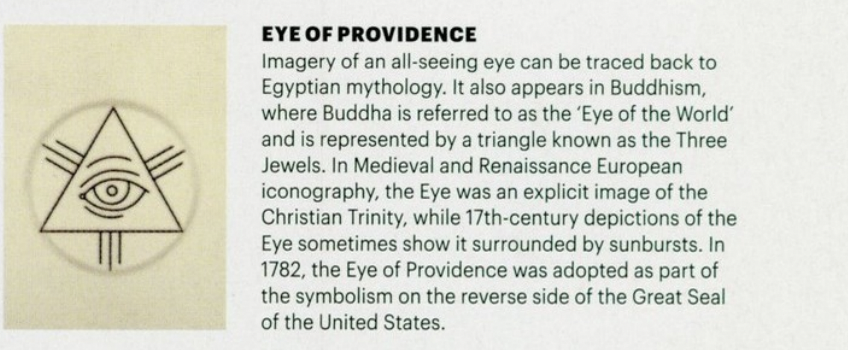
(Picture credit score: Future)
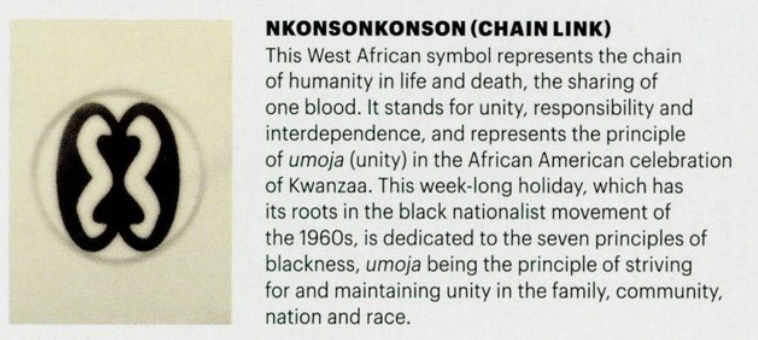
(Picture credit score: Future)
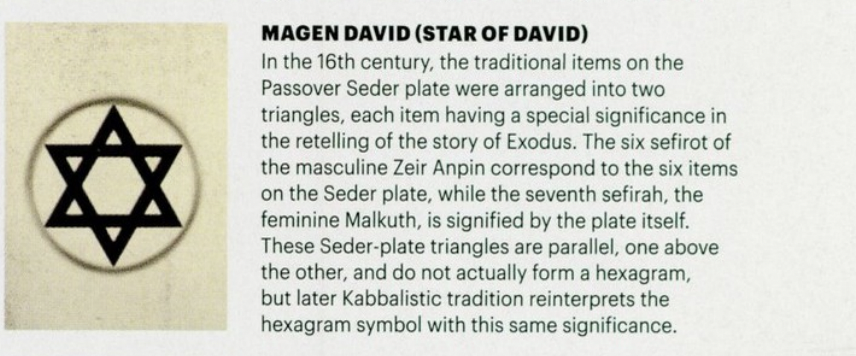
(Picture credit score: Future)
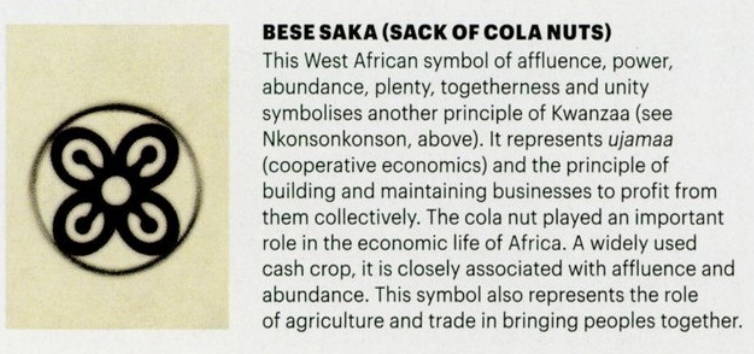
(Picture credit score: Future)
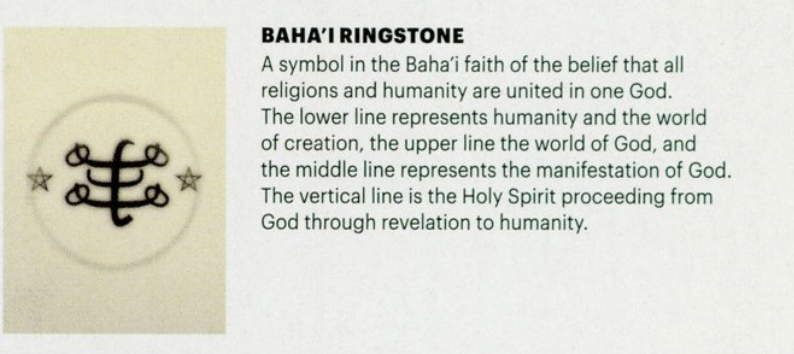
(Picture credit score: Future)
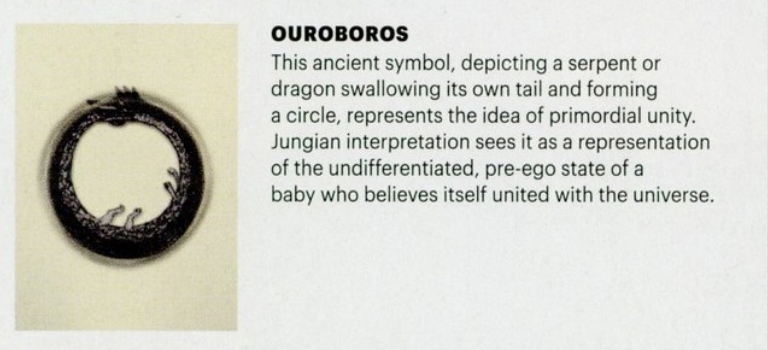
(Picture credit score: Future)
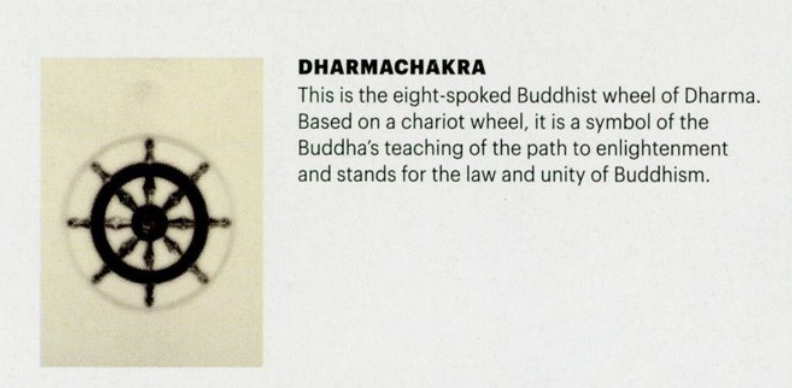
(Picture credit score: Future)
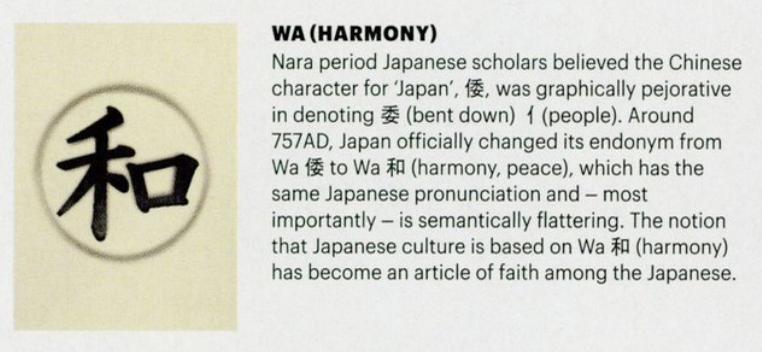
(Picture credit score: Future)
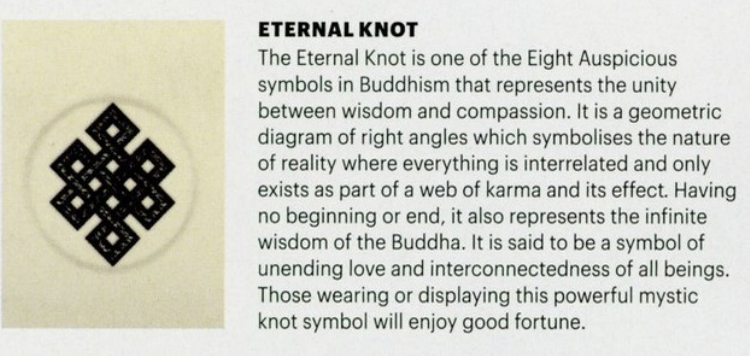
(Picture credit score: Future)

(Picture credit score: Future)
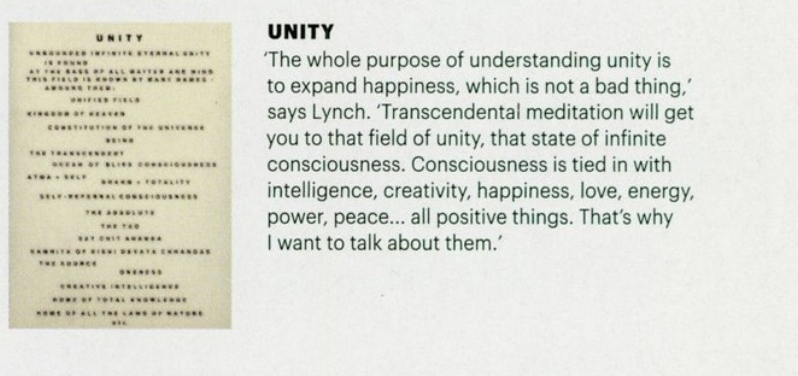
(Picture credit score: Future)
Supply: Wallpaper

